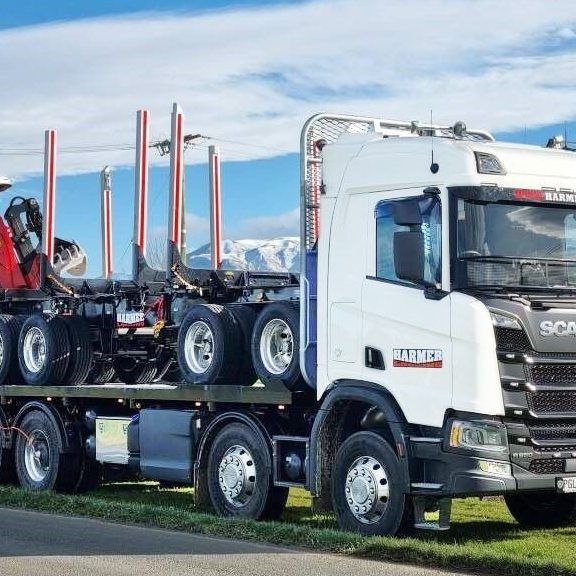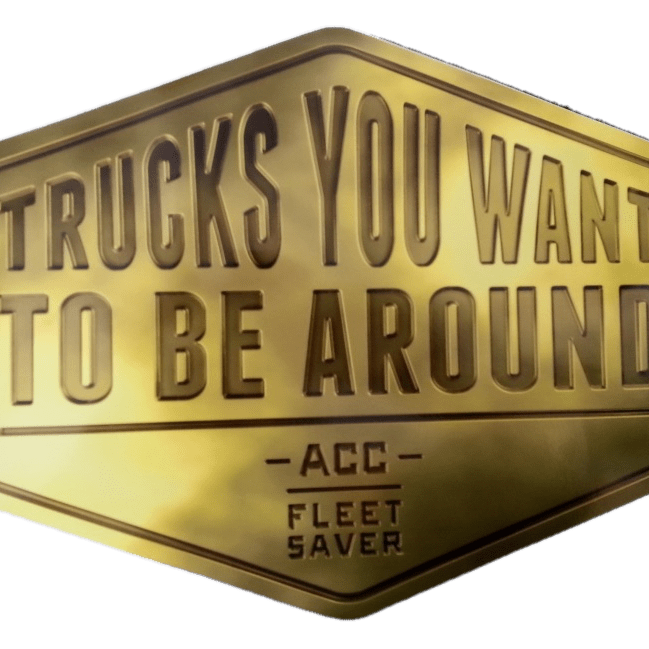
The movement of freight largely happens on public roads so there are lots of risks and impacts to manage.
That means we operate in a heavily regulated environment and our activities this week are a great demonstration of helping with this process.
Christchurch update
This week we completed a submission on the Christchurch City Council Plan Update. The main issue is about how the council manages increasing complaints about noise.
Our members’ concerns are about the council’s idea of restricting changes to existing industrial activities which would in turn severely impact the economic viability of members’ operations and disrupt the local supply chain.
The underlying issue is poor residential property design, and we do not believe restricting existing industrial activities is the remedy.
The council’s proposal is to limit heavy “vehicle trips” which could be crippling for businesses who operate their own heavy vehicles, or rely on deliveries and pick-ups. It appears the council has given no consideration to the negative impacts this would have on productivity and the community, just to reduce some occasional noise issues.
In our view, putting the responsibility of mitigating noise on existing local businesses rather than requiring new residential developers to include adequate acoustic mitigation is putting the cost and compliance burden on the wrong party.
Our suggestion is that complaints could be effectively addressed through more effective enforcement of non-compliance, rather than through rule changes. Hopefully rational thinking and commonsense will win through.
Rules about fuel
We also completed a submission on proposed changes to the Engine Fuel Specifications Regulations 2011.
The broad intent of these proposals in to ensure that suitable fuel is available when vehicles meeting the latest Euro emission standards land in a couple of years, around 2027.
We supported all the proposed changes, and we have also recommended to MBIE that a change to its proposals could promote greater access to renewable diesel products.
Changes to Health and Safety at Work Act
The Minister of Workplace Relations and Safety, the Hon Brooke van Velden, has announced the first set of changes to the health and safety system.
These have been met with mixed reactions, with positivity from Business NZ, and a “cautiously supportive” position from the Business Leaders Health and Safety Forum.
I found Cabinet’s mix of recommendations quite fascinating.
It has decided to help end the nationwide proliferation of road cones by providing a hotline for the public to report over-zealous road cone use, and for WorkSafe to confirm and provide guidance on instances of over-compliance.
I’m not sure how this fits in with the road construction sector’s transition to NZTA’s new guide to temporary traffic management, and the regulatory overlap, but I guess time will tell.
The changes will also see small, low-risk businesses carved-out from general Health and Safety at Work Act requirements. These businesses will only have to manage critical risks and provide basic facilities to ensure worker welfare.
The Minister says this will improve outcomes for businesses and workers by focusing the system on critical risks and getting rid of unnecessary costs, making sure there is less paperwork and more clarity on what will make workplaces safe.
Like many other sectors, the vast majority of our members and businesses in the industry are small businesses so we will be keen to be involved in the policy development around this change. An increase in clarity and opportunities for increased productivity by reducing unnecessary compliance burdens sounds very promising.
During consultation on the changes we called for a better balance of carrots and sticks for business performance and the need for better clarity of expectations to manage the right risks effectively.
A good example of this is ACC’s Fleet Saver incentive scheme which encourages businesses to drive positive outcomes. However despite our lobbying I understand that scheme is being ended, which leaves us very unclear on whether the Minister and her colleagues favour a carrot-stick approach.
If I understand correctly Approved Codes of Practice are also coming back and I think that’s a very good thing. That approach draws clear boundaries and will help reduce the risk of a lot of information becoming available and being touted as requirements that businesses should meet, which is adding to the current confusion.
Overall I think the changes will lead to a better balance and more positive outcomes.
Headline national freight survey results
The preliminary results from the National Road Freight Survey are out.
When asked to rank their top three issues, 78 per cent of respondents ranked “State of the roading network” as one of their top three.
The issue that got ranked first the most, was “business costs and economic pressures”, with 35 per cent of all respondents ranking that first. Concerningly, only 35 per cent of respondents believe their business will be better off in 12 months, and only 27 per cent think their business has sustainable operating margins.
The full report will be released later this month, that will include some surprising results and valuable insights from across the sector.




